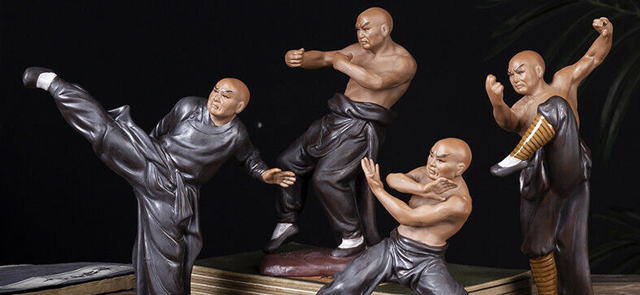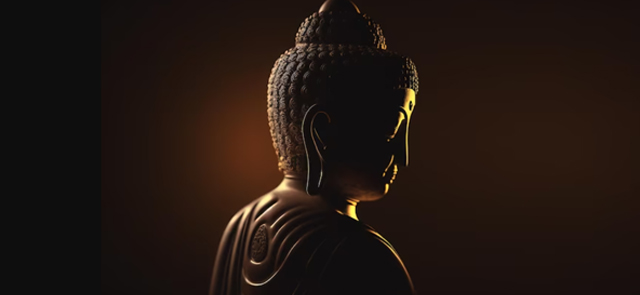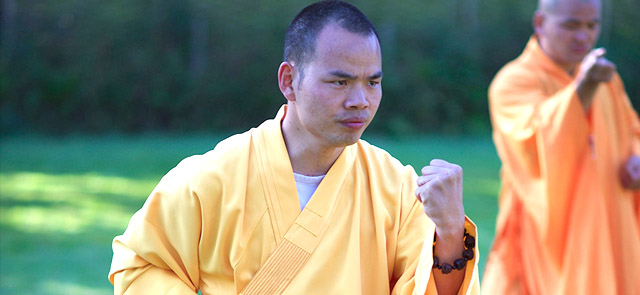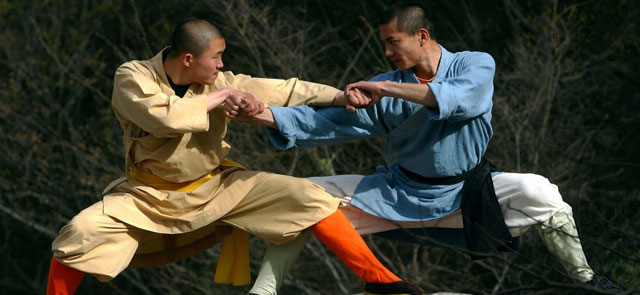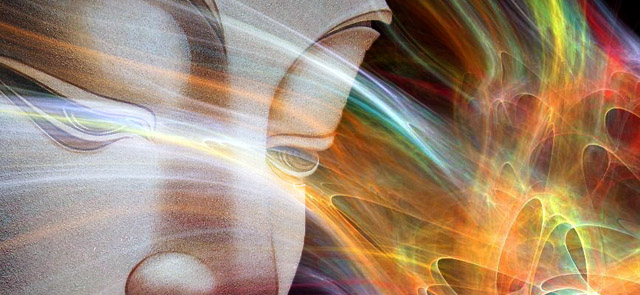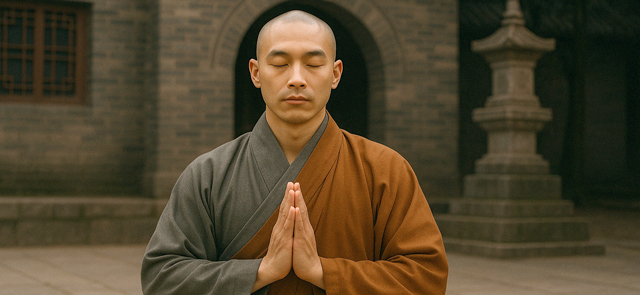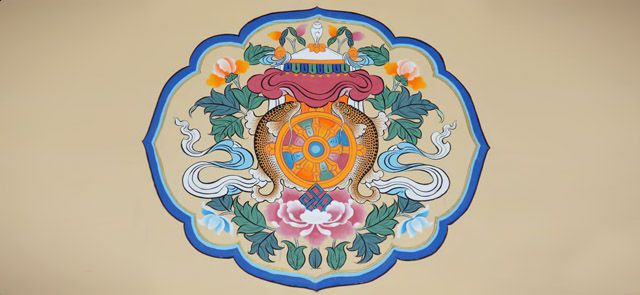In a world that celebrates athletic prowess and competitive sports, it's easy to overlook the profound distinction between sports and holistic arts like Shaolin Kung Fu. While both require dedication, discipline, and physical conditioning, they serve different purposes and encompass distinct philosophies. Shaolin Kung Fu, deeply rooted in ancient Chinese culture, is a holistic art that encompasses not only physical strength but also mental and spiritual growth. In contrast, sports predominantly focus on competition and winning. This article aims to shed light on why it is crucial not to confuse the two.
1. The Spiritual Essence of Shaolin Kung Fu
Shaolin Kung Fu traces its origins to the Shaolin Temple in China, where it was developed by Buddhist monks as a means of self-defense and spiritual cultivation. Unlike sports, the primary goal of Shaolin Kung Fu is not to defeat opponents but to attain inner harmony and enlightenment. Practitioners of Shaolin Kung Fu seek to balance their physical, mental, and spiritual aspects, striving for a harmonious existence.
2. A Lifetime Journey vs. Short-term Victories
Sports often revolve around seasons and competitions with winners and losers. Success in sports is typically measured by trophies, medals, and titles. In contrast, Shaolin Kung Fu is a lifelong journey that transcends the confines of competition. Practitioners dedicate themselves to continual improvement, focusing on self-mastery rather than defeating others. The emphasis is on personal growth rather than external recognition.
3. The Holistic Approach to Health
While sports can offer physical fitness benefits, Shaolin Kung Fu takes a more holistic approach to health. It incorporates various elements, such as meditation, breathing exercises, and herbal medicine, to promote overall well-being. The emphasis on balance and harmony within the body and mind distinguishes it from sports, which can sometimes lead to physical strain and injury.
4. Self-Defense vs. Competitive Combat
Sports often involve combat or physical confrontation, but the intention is to win against an opponent within the rules of the game. Shaolin Kung Fu, on the other hand, teaches self-defense techniques rooted in ancient wisdom. Its focus is not on beating adversaries but on preserving one's safety and promoting peaceful conflict resolution.
5. Mind-Body Connection
Shaolin Kung Fu places a strong emphasis on the mind-body connection. It teaches practitioners to harness the power of their minds to enhance their physical abilities and vice versa. This integration of mental and physical aspects sets it apart from sports, which primarily concentrate on physical performance.
6. Philosophical Depth
Shaolin Kung Fu is steeped in Taoist and Buddhist philosophies, emphasizing concepts like mindfulness, compassion, and inner peace. These philosophies are woven into every aspect of its practice. In contrast, sports typically lack the depth of philosophical teachings found in holistic arts like Shaolin Kung Fu.
Conclusion
While sports have their own merits, it is essential to recognize the unique qualities and purposes of holistic arts like Shaolin Kung Fu. Confusing the two can lead to a misunderstanding of the profound wisdom and depth inherent in practices like Kung Fu. Shaolin Kung Fu offers not only physical fitness but also mental and spiritual growth, promoting inner harmony and self-mastery. It is a lifelong journey that transcends competition and external recognition, focusing on the development of the whole person. Therefore, let us appreciate and respect both sports and holistic arts for what they are, recognizing their distinct contributions to the world of physical and mental development.
